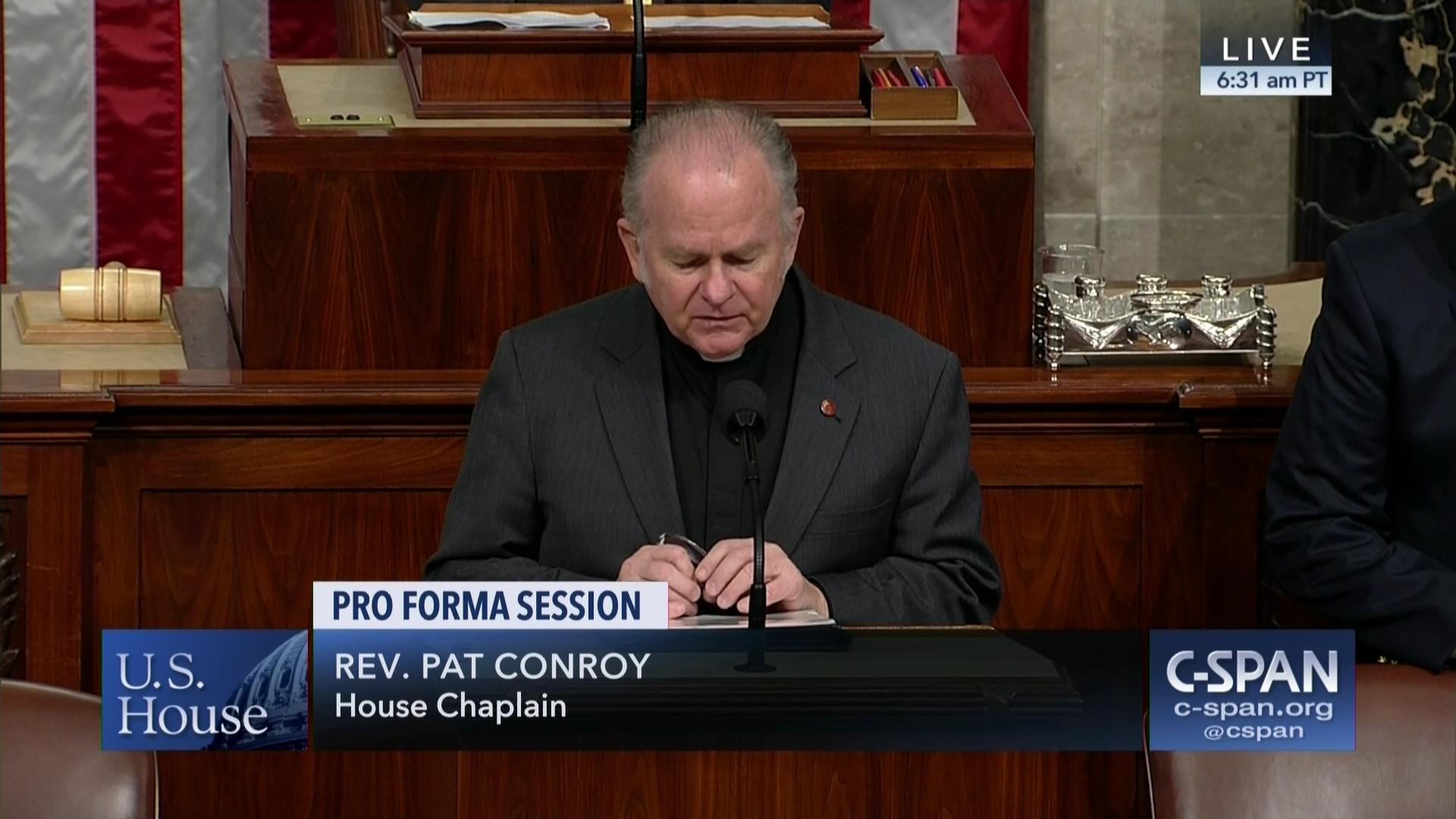The U.S. House of Representatives did not violate the Establishment Clause when it prevented an atheist from serving as a guest chaplain and delivering a “secular invocation” to the House, the D.C. Circuit ruled Friday (April 19).
The case was brought by Daniel Barker, a former Christian minister who is now an atheist and a co-president of the Freedom From Religion Foundation. In 2014, Rep. Mark Pocan (D-WI) sponsored Barker to serve as a guest chaplain in the House. The House opens each legislative day with a prayer—sometime delivered by the House’s official chaplain and sometimes delivered by a guest.
Under former Speaker Paul Ryan, the House denied Barker’s application to be a guest chaplain. In explaining the denial, the House chaplain’s office said the House’s policy on opening prayers did not permit guest chaplains who no longer practiced the religion in which they were ordained. Barker sued, alleging that the House was discriminating against atheists in violation of the First Amendment’s Establishment Clause.
In Barker v. Conroy, a district judge dismissed Barker’s lawsuit, and the D.C. Circuit affirmed. In an opinion by Judge Tatel (joined by Judges Edwards and Ginsburg), the court relied heavily on the fact that, during the litigation, the House clarified that its policy permitted only “religious prayer,” not the sort of “secular prayer” that Barker intended to give. That limitation, Tatel wrote, is permissible under Marsh v. Chambers and Town of Greece v. Galloway, the two key Supreme Court rulings that have upheld the constitutionality of legislative prayer.
![]()

